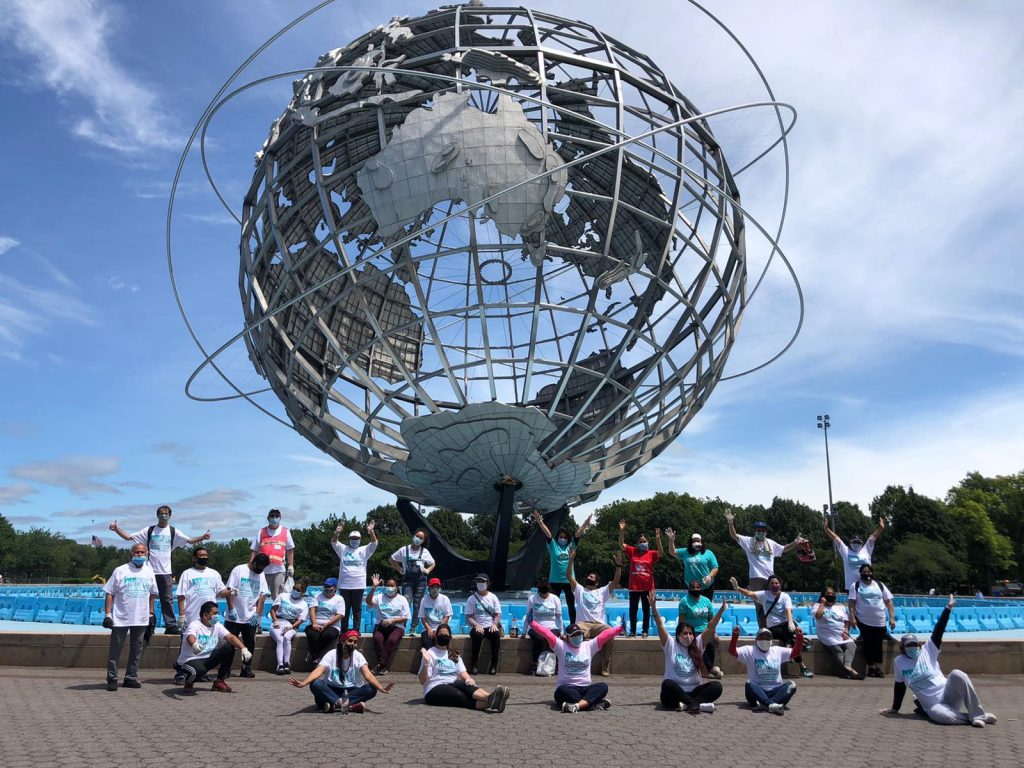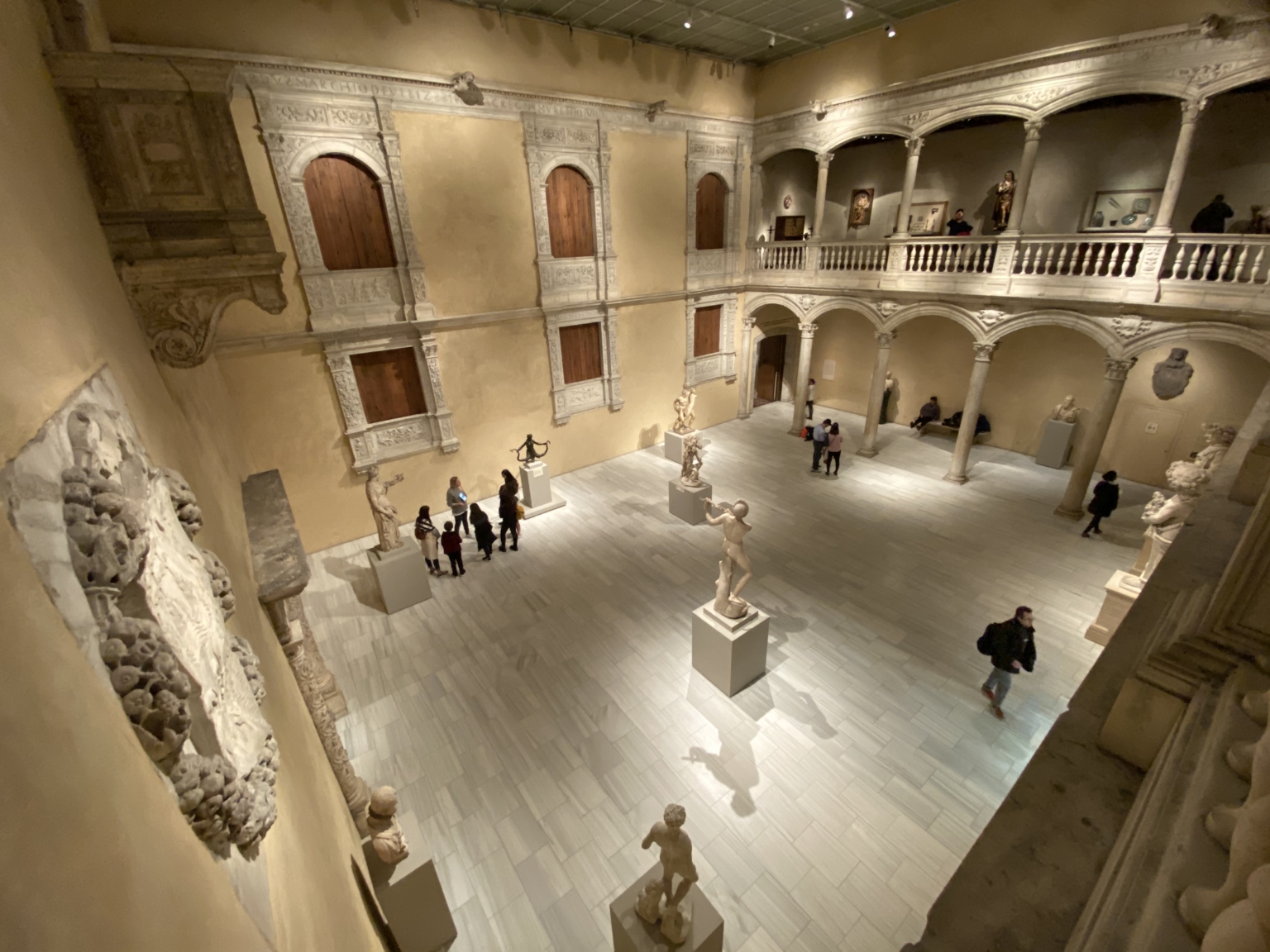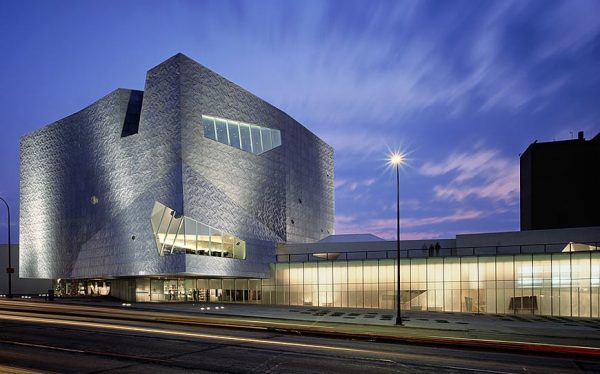CAA News Today
News from the Art and Academic Worlds
posted by CAA — September 30, 2020
|
|
|
|
|
|
Want articles like these in your inbox? Sign up for our weekly newsletter:
News from the Art and Academic Worlds
posted by CAA — September 23, 2020
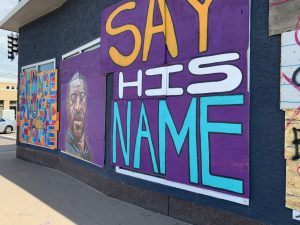
Change Must Come, Face Me Por Favor, photo by Heather Shirey via Hyperallergic
|
Want articles like these in your inbox? Sign up for our weekly newsletter:
News from the Art and Academic Worlds
posted by CAA — September 16, 2020
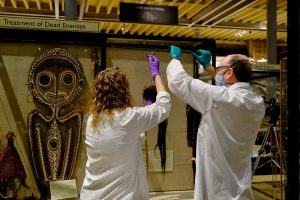
Historically the shrunken head exhibit has been a major visitor attraction at the Pitt Rivers Museum in Oxford © Pitt Rivers Museum, University of Oxford/Photograph: Hugh Warwick, via The Art Newspaper
|
Want articles like these in your inbox? Sign up for our weekly newsletter:
News from the Art and Academic Worlds
posted by CAA — September 09, 2020
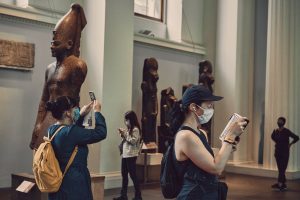
The British Museum recently reopened after a five-month closure due to coronavirus. Photo: Tom Jamieson for The New York Times
|
|
|
|
Want articles like these in your inbox? Sign up for our weekly newsletter:
News from the Art and Academic Worlds
posted by CAA — August 26, 2020
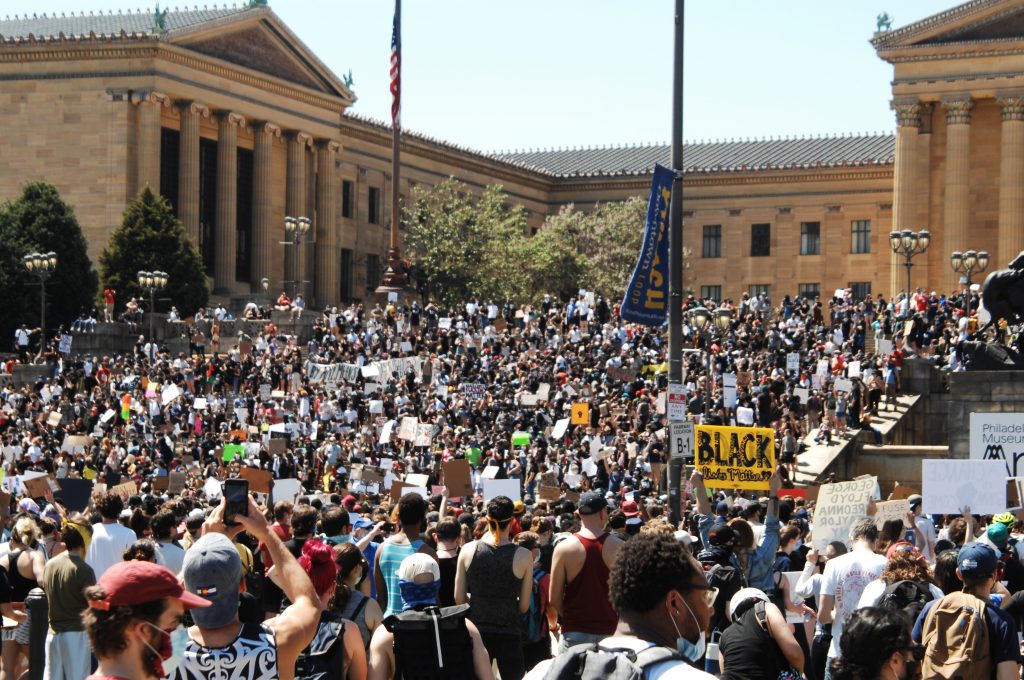
Black Lives Matter, Philly Real Justice, and thousands of Philadelphians rallied on the steps of the Philadelphia Art Museum. Photo: Cory Clark/NurPhoto via Getty Images, via artnet News
|
Want articles like these in your inbox? Sign up for our weekly newsletter:
News from the Art and Academic Worlds
posted by CAA — August 12, 2020
|
Want articles like these in your inbox? Sign up for our weekly newsletter:
News from the Art and Academic Worlds
posted by CAA — July 29, 2020
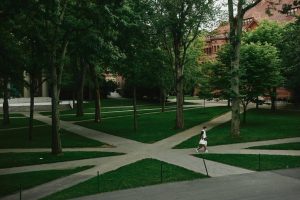
A nearly empty Harvard Yard at Harvard University in Cambridge, Massachusetts on July 8, 2020. Photo: Tony Luong/NYT
|
Want articles like these in your inbox? Sign up for our weekly newsletter:
News from the Art and Academic Worlds
posted by CAA — July 01, 2020
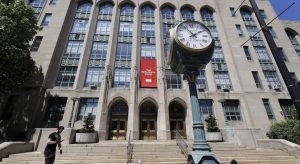
The Tsai Performance Center on the campus of Boston University, Boston. Photo: Steven Senne/AP, via WGBH
|
Want articles like these in your inbox? Sign up for our weekly newsletter:
News from the Art and Academic Worlds
posted by CAA — June 10, 2020
|
|
|
|
|
Want articles like these in your inbox? Sign up for our weekly newsletter:
News from the Art and Academic Worlds
posted by CAA — June 03, 2020
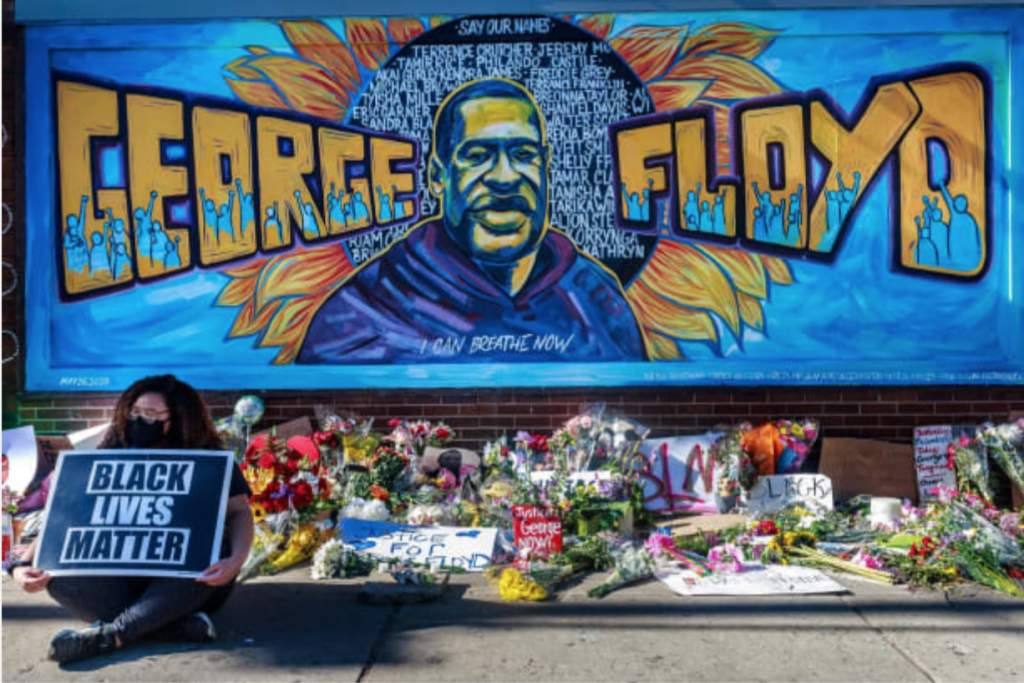
A makeshift memorial and mural by local artists to honor George Floyd, Minneapolis, Minnesota. Photo: Kerem Yucel/AFP, via CNN
|
|
|
|
|
|
Want articles like these in your inbox? Sign up for our weekly newsletter:



